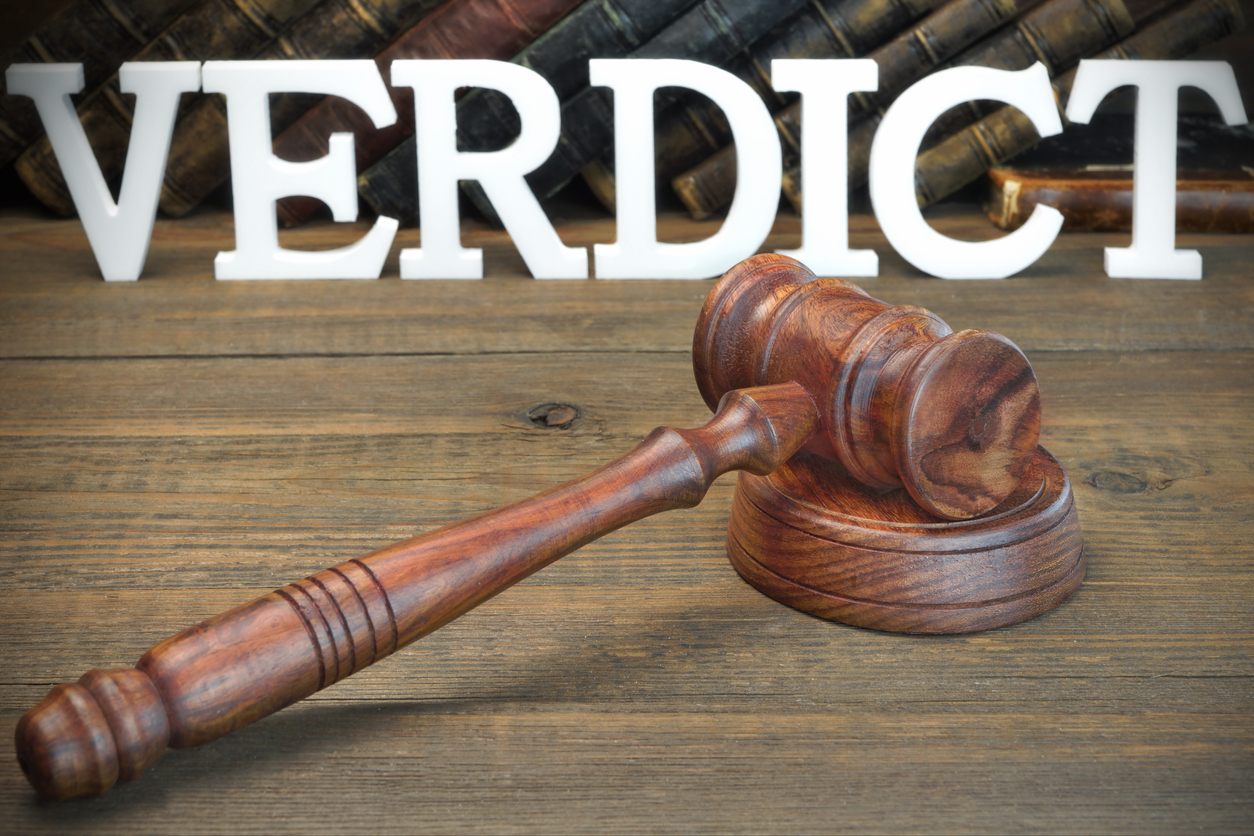As discussed in a previous post, Colorado allows policyholders—even repair vendors such as contractors or roofers where there has been an assignment of insurance benefits—to bring a cause of action for bad faith where an insurance company unreasonably delays or denies the payment of covered insurance benefits.1
This law allows the potential recovery of two times the covered insurance benefits that have not been paid, or that were paid after an unreasonable delay. The statute provides a powerful deterrent against the wrongful delay or denial of insurance benefits to policyholders. While the statute provides strong protection for policyholders, the legislature did not assign a timeframe for which a policyholder or repair vendor must bring a claim for the unreasonable delay or denial of insurance benefits leading to much uncertainty.
The Colorado Supreme Court issued two important decisions this week surrounding Colorado’s statutory bad faith law. My colleague, Ashley Harris, previously wrote about the Colorado Supreme Court’s decision in American Family Mutual Insurance Company v. Barriga, holding that an award for unreasonable delay or denial of insurance benefits cannot be reduced by payments delayed, but later paid by an insurance carrier. This post will discuss Rooftop Restoration, Inc. v. American Family Mutual Insurance Company, and the Colorado Supreme Court’s decision to strike down arguments made by insurance carriers that any claim for unreasonable denial or delay of payment of benefits must be brought within one year.
In late August 2013, the insureds timely filed a claim for hail damages to their property with American Family. American Family inspected the property several days later, determining that the damage to the insureds property did not exceed the $1000.00 deductible of their policy. The insureds assigned their insurance claim to Rooftop Restoration, who provided American Family an estimate for damages of approximately $70,000.00 in May 2014. Following a reinspection, American Family increased its estimate to $4,000.00 and issued payment less the policy’s deductible on May 28, 2014. Rooftop Restoration subsequently sued for breach of contract and unreasonable delay and denial of insurance benefits in September 2015. American Family moved to dismiss Rooftop Restoration’s bad faith claim for unreasonable delay and denial of benefits as untimely, arguing that a claim for the unreasonable delay or denial of insurance benefits is penal in nature and therefore must be brought within one year. Due to the lack of a controlling decision on the issue, the lower court requested that the Colorado Supreme Court provide direction.
After considering the legislative intent in creating the statute, the Colorado Supreme Court ultimately ruled that the one-year statute of limitations applicable to penal actions did not apply to Colorado’s unreasonable delay and denial statute because the legislature did not intend the statute to operate as a penalty. The Colorado Supreme Court decision is helpful to policyholders where even the property adjustment of an insurance claim can take well over one year to complete.
While the Court’s decision brings some clarity to the time requirements for filing a claim for the unreasonable delay or denial of insurance benefits, the Colorado Supreme Court did not specifically identify the limitation period applicable to a cause of action under for the unreasonable delay or denial of insurance benefits. Therefore, it remains important to pay attention to the claims process and identify unreasonable conduct by the insurance carrier. If you have been affected by one of the many recent Colorado hailstorms and feel that your insurance company has unreasonably delayed or denied the payment insurance benefits, consider contacting a Colorado licensed attorney experienced in protecting first-party policyholder claims.
___________________
1 Colorado Revised Statute § 10-3-1115 and § 10-3-1116.



